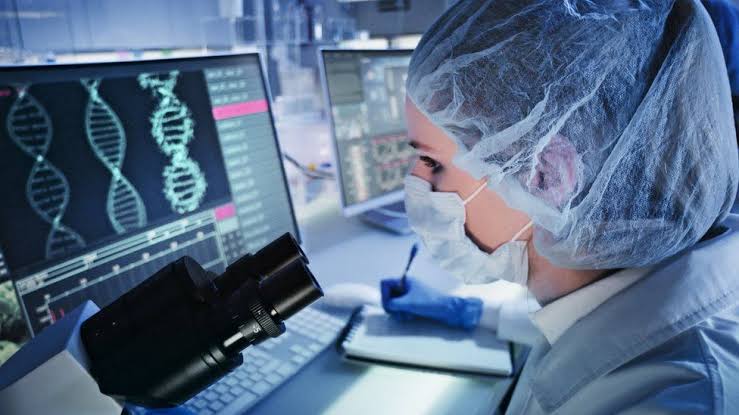
Seated at a microscope, Dr. Talia Cohen Solal examines human brain cells cultivated in a petri dish. “It’s a complex, subtle, and exquisite organ,” she affirms.
Dr. Cohen Solal, a neuroscientist, co-founded and leads Genetika+, an Israeli health-tech company. In 2018, the firm introduced its technology, which optimizes antidepressant prescriptions for patients. This technology helps to prevent undesirable effects and maximize efficacy.
Dr. Cohen Solal asserts that the tech can identify the correct medication for every patient on the initial attempt. Genetika+ employs a blend of stem cell advancements and AI software to achieve this goal. Technicians at Genetika+ can produce brain cells from a patient’s blood sample.
These cells are subjected to numerous antidepressants and monitored for “biomarkers” or cellular changes. The AI system analyzes this data, along with the patient’s medical history and genetic information. It then determines the optimal drug and dosage for a physician to prescribe.
Genetika+, headquartered in Tel Aviv, plans to release its technology commercially next year, despite presently being in the developmental phase.
High Expectations For Huge Demand
With over 280 million people worldwide suffering from depression, as per the World Health Organization, Genetika+ anticipates a high demand for its services in the future. However, antidepressants may not be the ideal treatment for all patients. Research suggests that nearly two-thirds of initial prescriptions for depression or anxiety may not effectively address the conditions.
Dr. Cohen Solal remarks that the firm is opportune to unite the latest computer and biological advancements. Dr. Heba Sailem corroborates AI’s vast potential to revolutionize the global pharmaceutical industry, which generated $1.4 trillion (£1.1tn) in revenue in 2021.
As a senior lecturer of biomedical AI and data science at King’s College London, Dr. Heba Sailem explains that AI has contributed to various advancements. These include foreseeing the ideal treatment strategy, identifying treatment target genes and new drugs, and detecting biomarkers for individualized care. AI even predicts the onset of diseases through early warning signs.
However, Dr. Sailem highlights the importance of the pharmaceutical industry exercising caution and implementing rigorous precautions before placing too much faith in AI predictions.
Featured image from Yahoofinance.com



